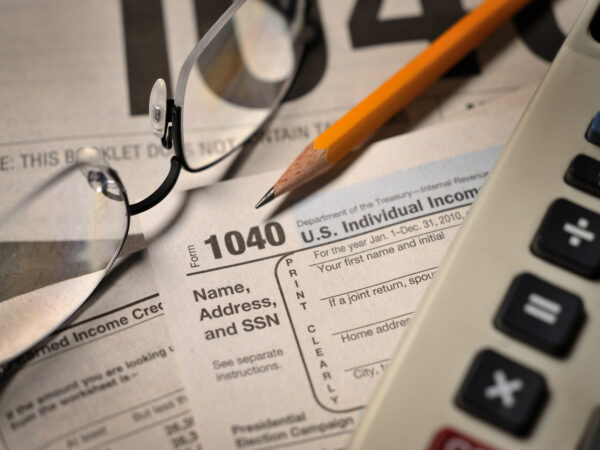At Right By You Mortgage, we get a lot of questions about government loan programs, which promote homeownership opportunities for a wider range of Americans. There are government loans that cater to veterans, rural homebuyers, and loans that even offer options with low or no money down.
For decades, these federal loan programs have empowered millions of Americans to achieve the dream of homeownership and build wealth for future generations. While they’re all great programs, each has distinct eligibility requirements and uses. So, we thought it would be a good idea to summarize their differences, in case one of them may work for you.
FHA Loans
FHA loans are administered by the Federal Housing Administration and are designed to make homeownership more accessible to low-to-moderate-income borrowers. They allow lower minimum credit scores and down payments than many conventional loans, which makes them an attractive option for first-time homebuyers.
Unlike other government loan programs, FHA loans are not restricted to specific demographics like veterans or rural homebuyers. They’re available to a broader audience, including those with past credit issues or limited savings for a down payment, so almost anyone could qualify as long as they can demonstrate their ability to pay.
However, FHA loans do require borrowers to pay mortgage insurance premiums (MIP). Unlike traditional private mortgage insurance, borrowers will pay MIP for 11 years or for the life of the loan. The duration of MIP is determined by the down payment amount.
VA Loans
VA loans are guaranteed by the U.S. Department of Veterans Affairs and are available to veterans, active-duty service members, certain members of the National Guard and Reserves, and eligible military spouses. They’re unique in that they are only meant for veterans and other military-related buyers, who earn a VA home loan entitlement for serving our country.
These loans offer significant benefits, including no down payment requirement. Additionally, VA loans do not require mortgage insurance, which can save borrowers a substantial amount of money over the life of the loan.
However, there may be a funding fee, which is a percentage of the total loan amount. The funding fee can be paid by the seller, lender, or any other party on the borrower’s behalf. The fee can also be waived in certain circumstances, such as for veterans with a service-connected disability or those that have received a Purple Heart.
USDA Loans
USDA loans, managed by the U.S. Department of Agriculture, are intended to support rural homebuyers who meet certain income requirements. These loans offer a trifecta of benefits: no down payment, reduced mortgage insurance, and competitive mortgage rates, which makes them ideal for first-time homebuyers.
USDA loans have geographic and income restrictions, which differentiate them from FHA and VA loans. The program’s goal is to encourage rural development in eligible rural and some suburban zones as defined by the USDA. You can find a map of USDA-eligible areas here.
Summing it Up:
FHA loans are a good option for first-time homebuyers with lower credit scores and smaller down payments.
VA loans are a terrific benefit for veterans and military personnel offering no down payment requirements.
USDA loans are ideal for qualified homebuyers seeking homes in rural areas.
If you plan to buy a home and think one of these government loan programs may be right for you, feel free to reach out to one of our local loan experts at Right By You Mortgage. They’ll be happy to answer any of your questions and help make your homeownership dream a reality.









